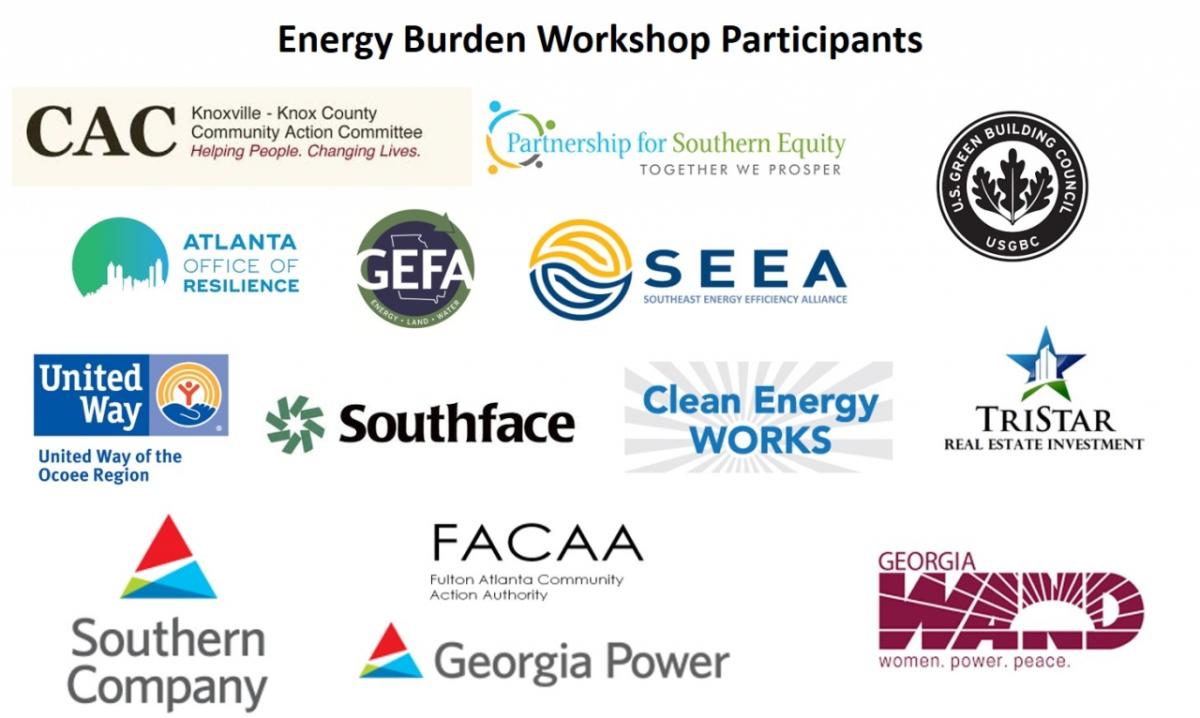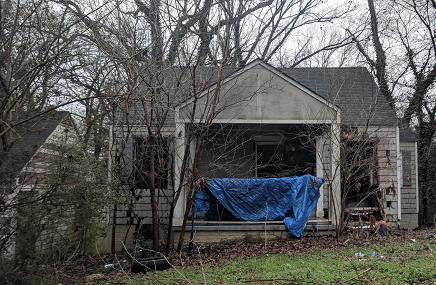Ecocentricity Guest Blog: Energy Burden – Combining Social and Environmental Lenses for Impact
Guest Blog by Michael Oxman, managing director of the Ray C. Anderson Center for Sustainable Business
Ecocentricity Guest Blog: Energy Burden – Combining Social and Environmental Le…
While I have worked in the corporate responsibility/sustainability domain for some time, it has only been since I began in my current role that I find myself consistently asking, “What would Ray do?” At risk of preaching to the choir, Ray C. Anderson was inspirational in many ways, but for me what stands out was his willingness to buck conventional wisdom and forge greater impact from corporate sustainability solutions by ensuring that they were also practical and commercially-minded (i.e., doing well by doing good).
I think this mantra is reflected well in John’s recent post on leveraging the triple bottom line where he also notes that all three prongs should work together, rather than independently. That is, in a sports-minded analogy, you don’t set out to load the bases with three singles only to end the inning with all runners stranded, but rather to deliver multiple runs and perhaps even a grand slam!
At the Ray C. Anderson Center for Sustainable Business at Georgia Tech Scheller College of Business, we engage on a number of topics across the corporate sustainability spectrum, but we have settled on three strategic focus areas: carbon conscious business, the circular economy, and social performance (our grand slam set up). While research, education, and engagement on each of these has a tremendous amount of merit, combining across two or more extends our chances of real impact. As an example of this, we have been engaged in a research project, together with the Georgia Tech School of Public Policy, that is funded by the Georgia Tech Strategic Energy Institute's Energy and Policy Innovation Center and Georgia Tech's Serve-Learn-Sustain Center. Unfortunately, Atlanta has one of the highest concentrations of energy burden among major metropolitan areas in the U.S. (notwithstanding Georgia’s relatively low utility rates). There is no doubt that the problem is a complex one, with poverty and low income driving an all too common self-perpetuating cycle. However, reducing the amount of money these households spend on energy seems to offer a good place to start (and aligns with our Center’s social performance theme). In our energy burden research, we discovered that higher household income (the denominator in energy burden) is not correlated with higher spending on energy. More strikingly, we found that the lowest-income zip codes in Atlanta generally spend as much or more on energy than higher-income zip codes. The resulting energy burden sharply reinforces household economic challenges, and the energy expended produces a substantial carbon footprint. For example, if we were able to bring six of the most electricity-burdened zip codes in Atlanta down to the national energy efficiency average, this would avoid the emissions of some 350,000 metric tons of CO2 (~75,000 passenger vehicles driven for one year or 383,000 pounds of coal burned).[1] By extension, Southern Company and Georgia Power report that approximately 46% and 40% respectively of their residential customers subsist at or below $40K income, suggesting a ripe opportunity for a coordinated multi-stakeholder response that addresses both poverty and carbon.Calling out these issues by no means implies easy solutions. Some homes require structural or safety-related repairs before energy efficiency measures become practical, and upfront costs are often prohibitive for low-income households. In addition, other household economic “burdens” may be even more pressing than energy. However, this topic suggests an increasingly “material”[2] sustainability issue for energy providers, City planners, policymakers, funders, and community organizations. It also offers an important collaboration opportunity between proponents of stronger action on climate change with those principally focused on alleviating poverty. While a number of low-income, energy-related programs are already underway, the scale of the challenge and opportunity suggests we can do more. So, paraphrasing John in his triple bottom line post, let’s work together to raise the bar!
[1] Source: The Green Link Group and EPA Carbon Calculator[2] https://www.globalreporting.org/information/about-gri/Pages/default.aspx



